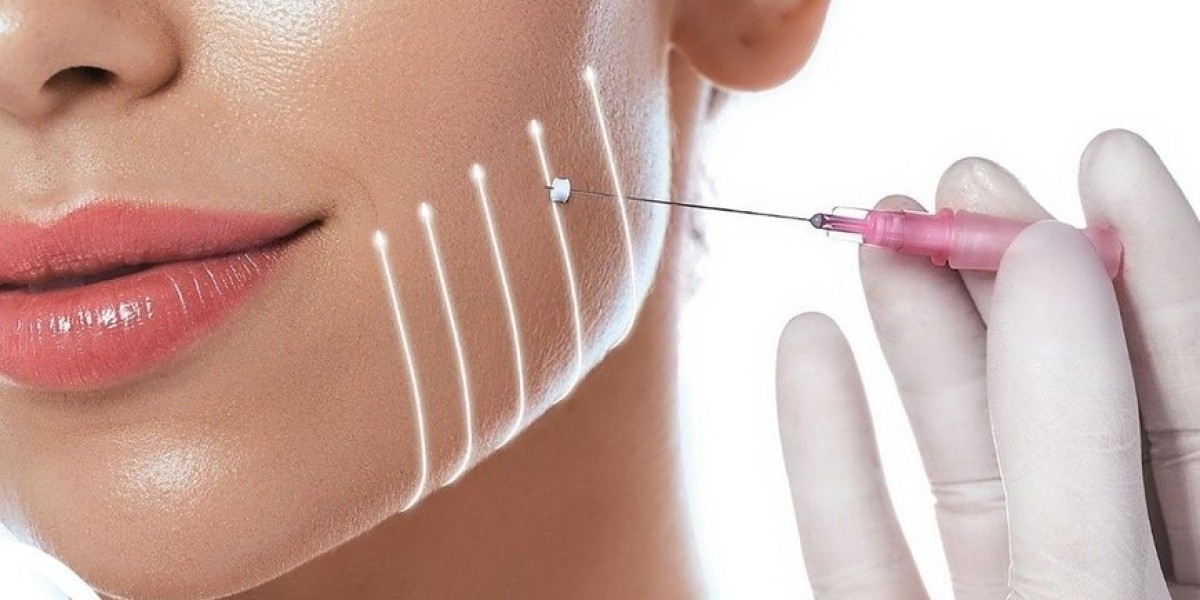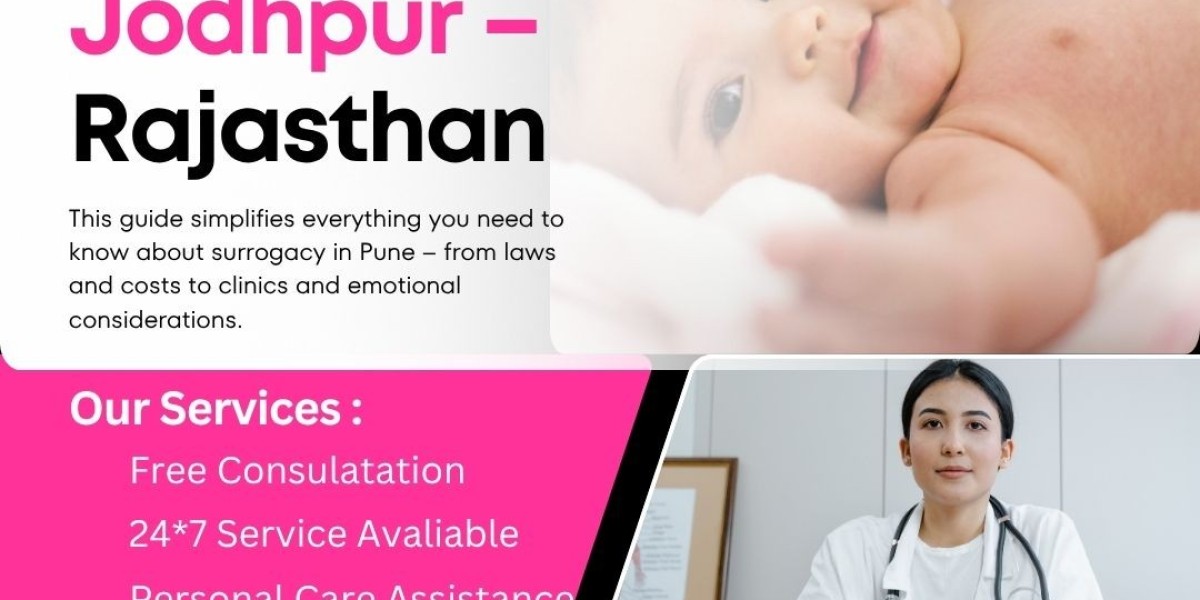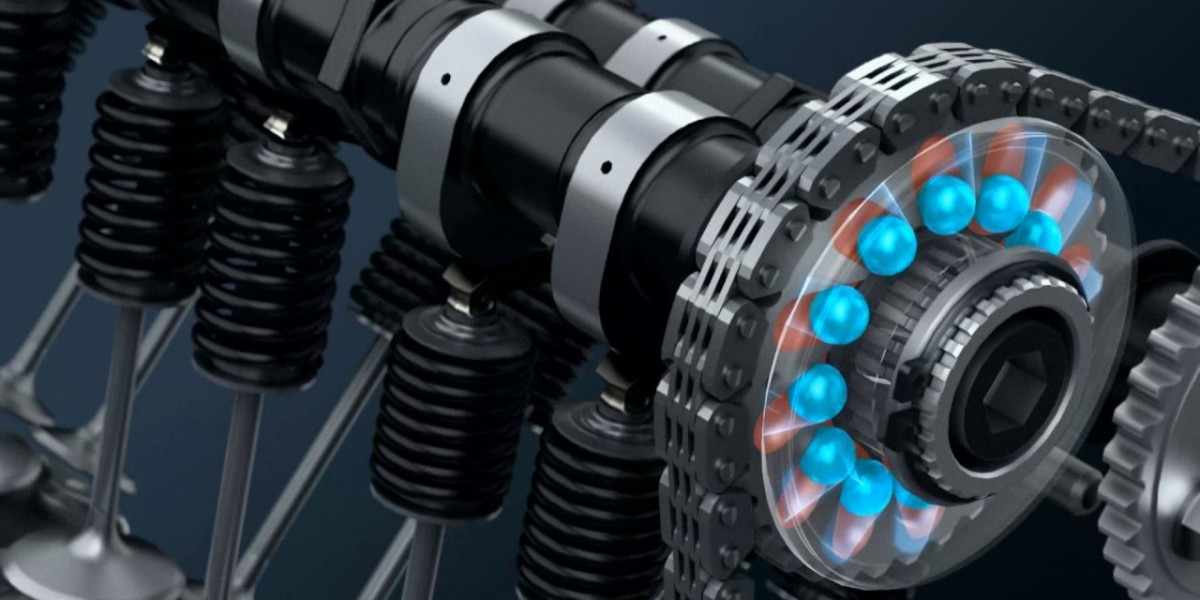As non-surgical cosmetic procedures continue to gain popularity, many are turning to Thread Lift in Islamabad as a modern solution for facial rejuvenation. While this treatment offers impressive lifting and tightening effects with minimal downtime, it is not suitable for everyone. Knowing who should avoid getting a thread lift is just as important as understanding its benefits.
In this comprehensive guide, we will explore the specific health conditions, lifestyle factors, and individual concerns that may disqualify someone from undergoing this aesthetic procedure. Making an informed choice begins with a clear picture of the potential risks and contraindications.
What Is a Thread Lift?
A thread lift is a minimally invasive procedure that lifts and firms the skin using dissolvable threads. These threads are inserted into the skin and pulled gently to lift sagging areas, stimulate collagen production, and restore a youthful appearance.
Unlike surgical facelifts, thread lifts require no incisions or general anesthesia, and the recovery time is minimal. However, that doesn’t make it risk-free for everyone.
Benefits of Thread Lift in Islamabad
Before delving into who should avoid the procedure, it's helpful to recognize why so many people opt for a thread lift in the first place:
Immediate lifting effect
Non-surgical, minimally invasive
Collagen stimulation for long-term firmness
Quick procedure with minimal downtime
Ideal for early to moderate signs of aging
Cost-effective compared to surgery
Despite these advantages, certain people may face more risks than rewards with this treatment.
Medical Conditions That May Disqualify You
There are several health-related reasons that could make someone ineligible for a thread lift:
1. Active Skin Infections or Acne
If you have open wounds, severe acne, or skin infections near the treatment site, introducing threads can worsen inflammation and increase the risk of infection.
2. Autoimmune Diseases
Conditions like lupus or rheumatoid arthritis can interfere with the body’s healing response. Autoimmune flare-ups could be triggered by the trauma of the procedure.
3. Blood Clotting Disorders
People with hemophilia or those on blood-thinning medications (like aspirin or warfarin) are at higher risk of bruising, bleeding, and delayed healing.
4. Uncontrolled Diabetes
Diabetes that is not well-managed can impair wound healing and increase the risk of post-procedural infection.
5. Severe Allergies or Sensitivities
Although threads used in Islamabad clinics are biocompatible, rare allergic reactions can still occur, especially in sensitive individuals.
Situational and Lifestyle-Based Contraindications
Even in the absence of major medical conditions, lifestyle and personal factors can also render the treatment unsuitable.
1. Pregnancy and Breastfeeding
Cosmetic procedures, including thread lifts, are generally not recommended during pregnancy or lactation due to hormonal fluctuations and unknown risks.
2. Excessive Smoking or Alcohol Use
Smoking impairs blood flow and collagen production, both of which are essential for healing and optimal results. Excessive alcohol consumption can increase bleeding and swelling.
3. Unrealistic Expectations
Those seeking dramatic or permanent results may be disappointed, as thread lifts offer subtle enhancement and typically last 12–18 months.
4. Excess Skin or Deep Wrinkles
For individuals with significant skin laxity or deep folds, a thread lift may not provide the necessary lifting effect. Surgical options may be more appropriate.
5. Active Participation in Contact Sports
Those engaged in intense physical activity or contact sports risk displacing the threads post-procedure, leading to poor results or injury.
Psychological Considerations
Mental and emotional health also play a role in determining whether a person is a good candidate:
Body Dysmorphia: Individuals with unrealistic or obsessive beauty standards may not benefit psychologically from a thread lift.
Anxiety about Minor Swelling or Bruising: If the idea of temporary side effects causes distress, this may not be the right procedure.
Age-Related Suitability
While there is no strict age limit, the best results are typically seen in people aged 30 to 55 with mild to moderate sagging. Those significantly older may not achieve their desired outcomes due to more advanced aging or thinner skin.
When to Postpone Rather Than Avoid
Sometimes, the treatment isn’t entirely off-limits—it just needs to be delayed:
Recent facial surgeries or fillers
Active cold sores or facial rashes
Ongoing dental procedures
Sunburn or irritated skin
It’s best to wait for complete healing or finish related treatments before scheduling a thread lift.
Safer Alternatives for Non-Candidates
If you discover you're not a good candidate for thread lift, don't worry. Many non-invasive alternatives are available:
1. HIFU (High-Intensity Focused Ultrasound)
Tightens skin by stimulating collagen using ultrasound energy. Ideal for those who can’t have threads inserted.
2. Dermal Fillers
Restore volume and reduce lines, especially in areas where lifting is not the primary goal.
3. Botox
Relaxes dynamic wrinkles and complements lifting by smoothing out frown lines and crow’s feet.
4. Laser Treatments
Improve texture, tone, and tightness without physical threads.
5. Microneedling with PRP
Stimulates collagen naturally and improves skin health without lifting threads.
How to Know If You're Eligible
A personalized consultation is the only way to determine if you’re a good candidate. During this session, a certified provider will:
Assess your medical history
Examine your skin quality
Understand your aesthetic goals
Recommend the best treatment or combination
Tips Before Considering Thread Lift in Islamabad
Consult a Licensed Professional – Only trust qualified dermatologists or plastic surgeons.
Be Honest About Medical History – Disclose all medications and chronic conditions.
Set Realistic Expectations – Know what the procedure can and cannot achieve.
Follow Pre-Procedure Instructions – Avoid blood thinners, alcohol, and smoking.
Have a Support Plan – Post-treatment care enhances results and reduces risks.
Final Thoughts
While Thread Lift in Islamabad is a highly effective solution for lifting and rejuvenating the skin, it is not suitable for everyone. Individuals with certain medical conditions, lifestyle factors, or psychological concerns may face complications or be disappointed with the outcome.
If you're uncertain about your eligibility, schedule a consultation with a reputable cosmetic specialist in Islamabad. They can assess your suitability and help you make a safe, informed decision—potentially guiding you toward more appropriate alternatives.
Remember, aesthetic enhancement should always prioritize health and well-being above all else.








